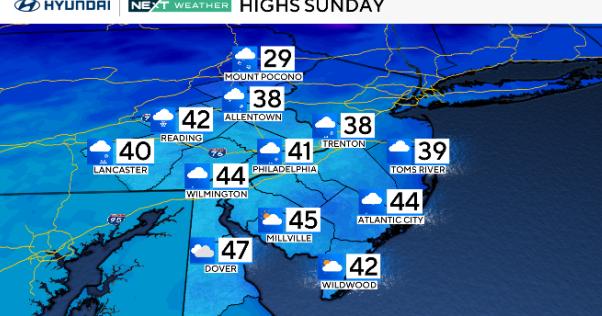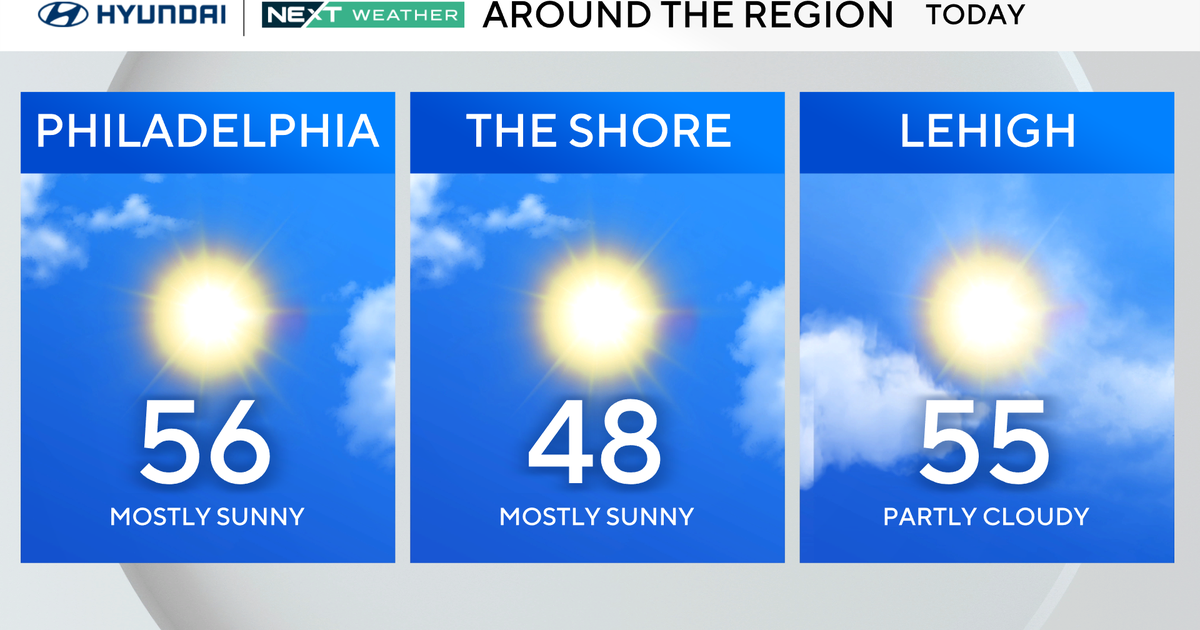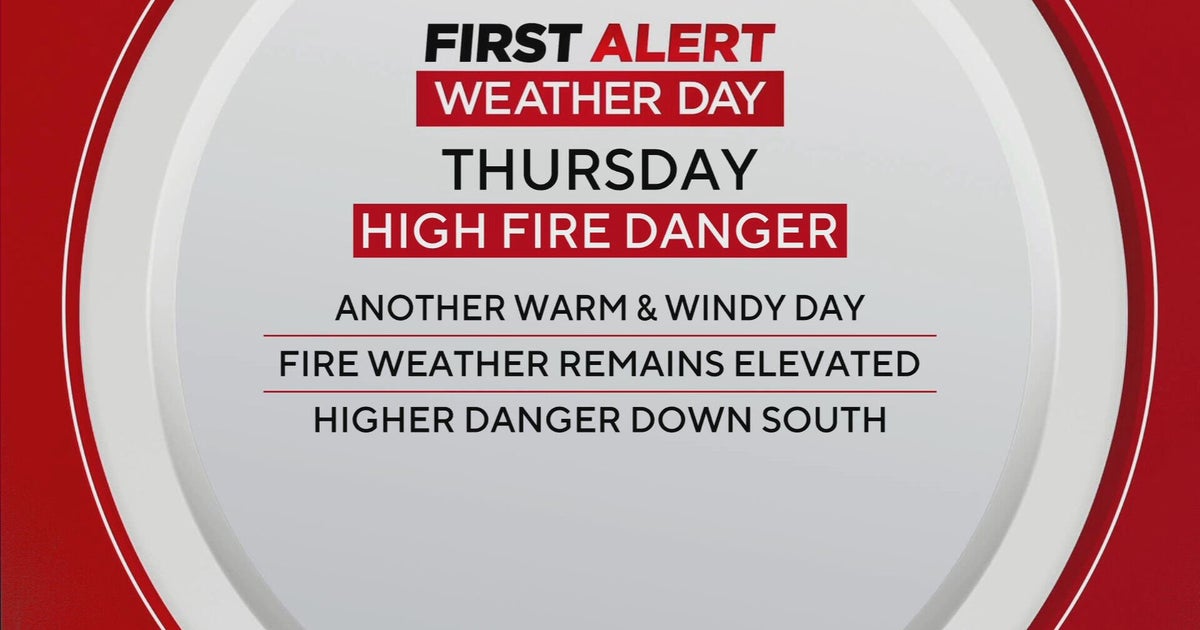As Temperatures Fall, Look Out For The Return Of Falling Iguanas
MIAMI (CBSMiami) – As temperatures fall across South Florida, so do the iguanas.
The cold front that is bringing South Florida the coldest temperatures of the year means cold-stunned iguanas could start falling from the trees.
Temperatures are forecast to be in the low to mid 40s across South Florida Tuesday night into Wednesday morning and a few spots may touch the upper 30s briefly, according to CBS4 Chief Meteorologist Craig Setzer.
So in addition to protecting your sensitive tropical plants, you may want to watch for those falling reptiles.
The invasive species can't handle cold temperatures very well. In general, iguanas begin to get sluggish or lethargic once the temperature drops below 50 degrees Fahrenheit.
Once the temperature drops below 45 degrees Fahrenheit the iguanas go into a dormant or cold-stunned state. They appear to be dead, but they are not. They remain breathing with critical body functions still operating.
TRENDING ON CBSMIAMI.COM
- Super Bowl LV Coverage To Leverage Innovative Technology In Broadcast
- Mar-A-Lago Members Leaving Following Trump's Return
- Police Identify Keshawn McLean As Gunman Who Shot Three People In South Beach
But not all iguanas respond the same.
According to Zoo Miami Communications Director Ron Magill, it depends on the size of the iguana. He says the larger the iguana, the colder it can tolerate for longer periods.
Adult male iguanas can reach 5 feet in length, and weigh up to 20 pounds so you don't want one of these guys, sleeping in a tree, to fall on your head or your car.
Iguanas go into this cold-stunned state as a way of protecting itself until the temperature warms back up above 50 degrees.
The danger for the iguana comes when temperatures remain in the 40s for periods over eight hours. The invasive species is then at risk of death, especially the smaller ones.
Many iguanas in South Florida have adapted to going deep into burrows where they stay insulated from the cold. They tend to also live close to large bodies of water, which tend to be warmer than the air temperatures, which help them survive short cold snaps.









